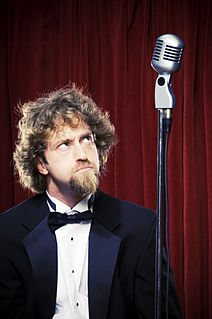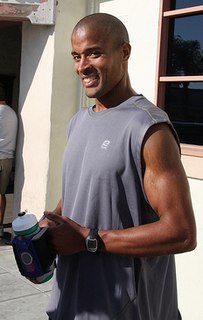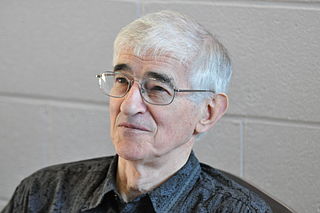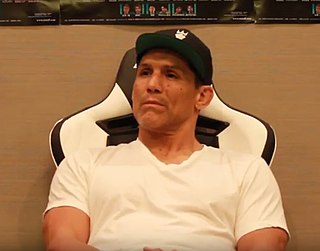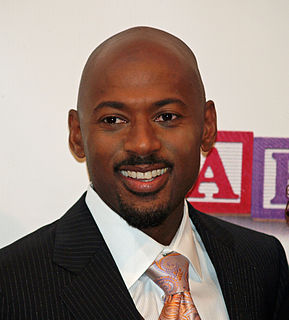A Quote by Josh Blue
The thing about my comedy is that I'm so comfortable with my disability that you don't have a right to be uncomfortable.
Quote Topics
Related Quotes
Here's the thing, with comedy - and I learned this from Will Ferrell - you can't be ashamed. If you're doing comedy, you have to fully commit to the joke. Shame is not part of it. If you act shy or uncomfortable about your body, that makes the audience shy and uncomfortable. And in a comedy you just want them to loosen up and laugh.
The reason I became 297 pounds is because that was comfortable. What was very uncomfortable was running. What was very uncomfortable was being on a diet. What was very uncomfortable was trying to face things that I didn't want to face. And I also realized, when I was really big, I had no growth. Why? Because I was living comfortable.
When the shoe fits, the foot is forgotten; when the belt fits, the belly is forgotten; when the heart is right, "for" and "against" are forgotten. There is no change in what is inside, no following what is outside, when the adjustment to events is comfortable. One begins with what is comfortable and never experiences what is uncomfortable, when one knows the comfort of forgetting what is comfortable.
I can say, 'I am terribly frightened and fear is terrible and awful and it makes me uncomfortable, so I won't do that because it makes me uncomfortable.' Or I could say, 'Get used to being uncomfortable. It is uncomfortable doing something that's risky. But so what? Do you want to stagnate and just be comfortable?'
I can be absolutely comfortable with an apocalyptic Jesus because he was simply wrong. As long as he's wrong I don't worry about him, and basically everyone else who was announcing in the year 2000 at midnight, the end of the world is coming, I expect them to be wrong. Now if they're right of course, I'll be very uncomfortable that night. But as long as everyone for 2000 years has been wrong about the apocalypse, I can be quite comfortable with it. It's space fiction.
A savant, by definition, is somebody who has a disability and, along with that disability, has some remarkable ability. Prodigies and geniuses have the remarkable abilities that the savant shows, but they do not have a disability. So, by definition, a savant includes someone with a disability, and a prodigy or genius are people who have these remarkable skills but they do not have a disability.
The only thing I knew in the world as a little kid was comedy. And no other kids in my school cared about it at all. There was no one to talk about it with. You know, we're in a geek culture now where comedy is so giant. I'm one of the people that, you know, works on Funny or Die. And there is just a giant culture of comedy nerds. But back then, I was alone, and I had a little confidence about it because I felt like, this is my thing, this is the only thing that only I know about.
